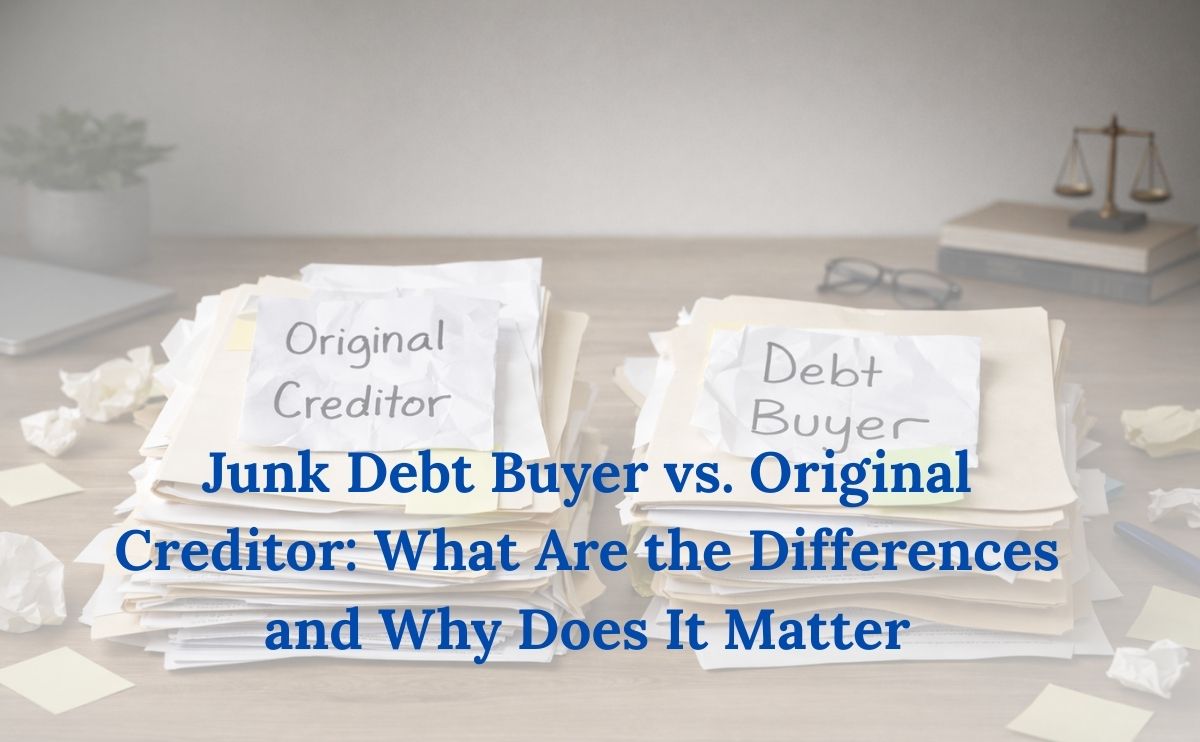Affordable Bankruptcy Lawyer Services In Tucson Arizona
As a Tucson Bankruptcy Lawyer, we understand the unique issues faced by people who file for bankruptcy in Arizona. We have a thorough knowledge not only of the bankruptcy laws, but also of the Arizona laws that impact the rights and responsibilities of Arizona bankruptcy filers. Filing for bankruptcy without a full understanding of the applicable laws, including Arizona exemption laws, can have drastic consequences. Such consequences can include unexpected loss of property, determination that a debt is not dischargeable, or even denial of the bankruptcy discharge. We will help you determine the best debt relief options for eliminating your debt while protecting your assets and property, so that you can get a fresh financial start.
We also understand the importance of cost-effective legal representation, especially for people already struggling with debt. Therefore, we offer affordable payment plans for both Chapter 7 and Chapter 13 bankruptcy cases, so that you can get the bankruptcy attorney services that you need from a qualified Tucson bankruptcy attorney.
If you are dealing with debt, talk to our local Tucson bankruptcy attorney about your debt relief options.













